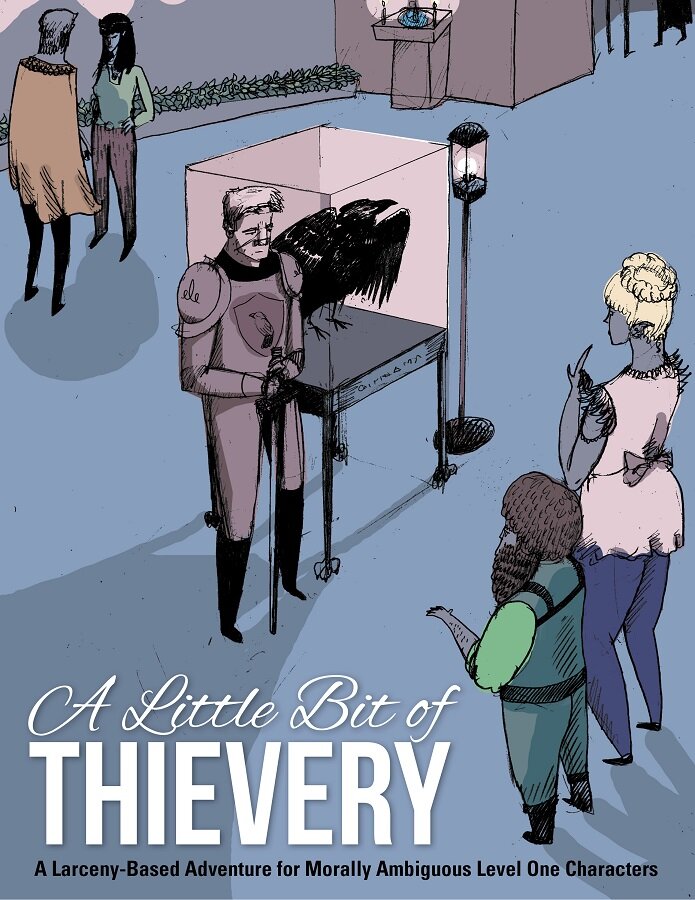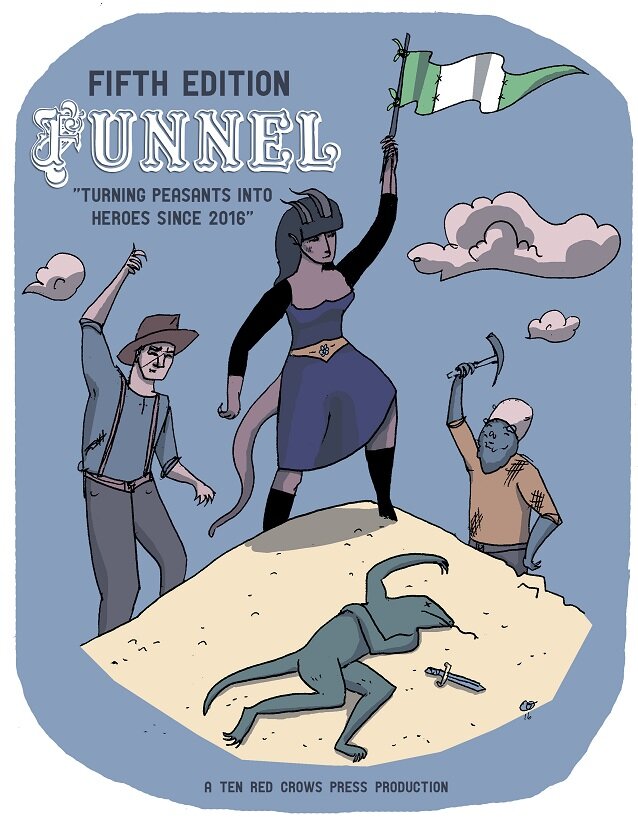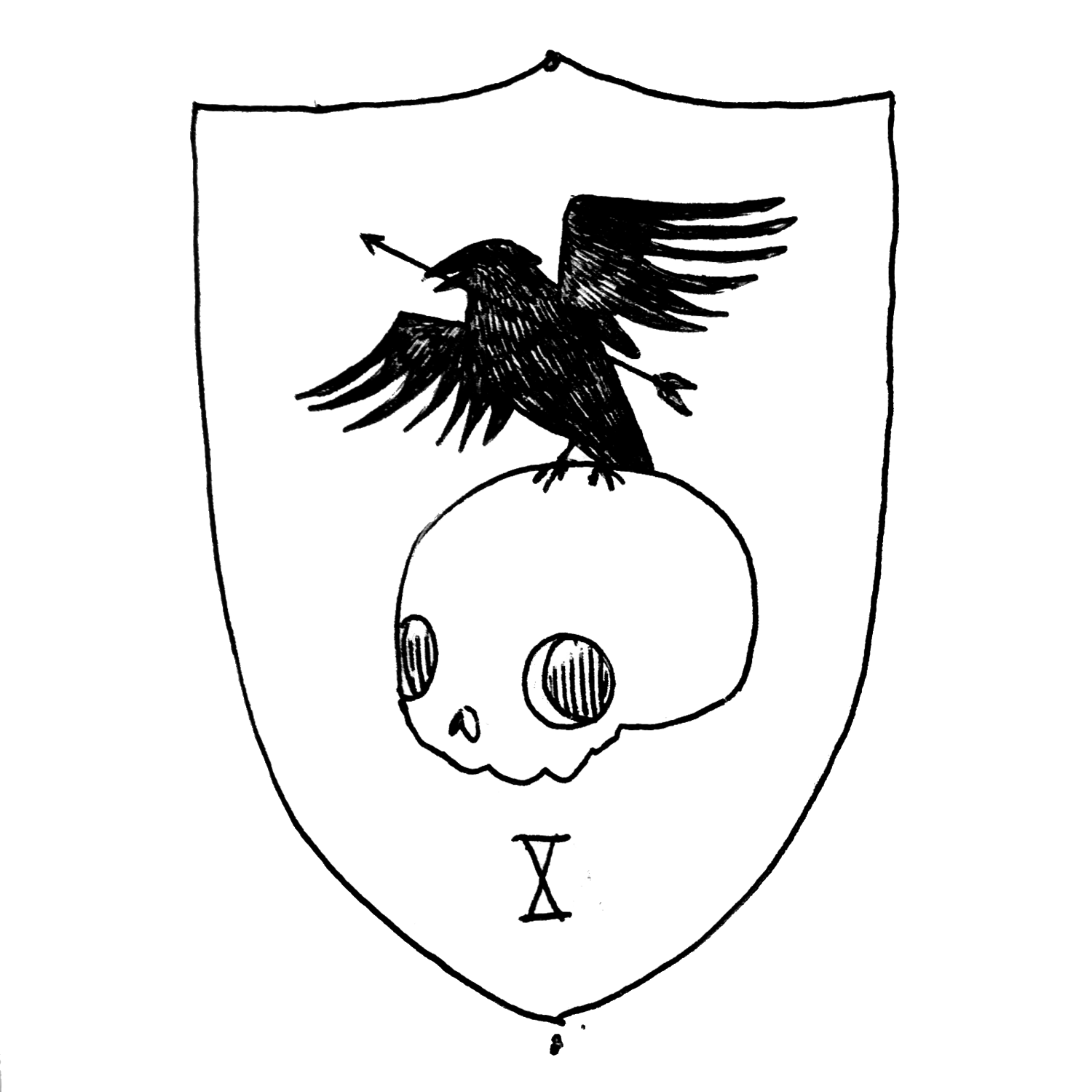The dice clatters on the table and shows a one: Critical Failure. The last few times this happened, I have given the player the option: How Epic Do You Want to Fail?
Sometimes a player will say "Epically"
Different shades of failure
Failure involves more than just missing your opponent. There are plenty problems, effects, or damages that occur when a player critically fails. When you commit to an epic failure, you are tossing out the "just miss" or the random table and you are building it with the player. Here are some guidelines for building a player's epic failure:
- What is logically going to happen next? Make the player describe their character's miss. Sometimes they hand it to you, sometimes you have to hunt for ideas. Is the player standing next to a column? Maybe the player accidentally hits it and the column collapses to crush the player and monster. Maybe the character cleaves into an ally after hitting the enemy. Maybe the sword flings off into the distance. This gives your player the opportunity to help construct what happens.
- Get the players consent. You are outside the game rules with a player's character. When you ask "how epic do you want to fail" you are essentially asking for the player's agreement that something bad is going to happen. Do not foist it upon them, if they just want to miss, let them miss. If you are harming a different player, get their buy in. Something like: "What I see, if you are OK with this, is Rath's sword lopping off the spider's leg, but the stroke continues down to the ground and hits Ilana's body. She has another Death saving throw failure". Ilana's player has the full right to object, in which case the critical failure is just a miss.
- Be Kind. We roleplay better when there is a lot of trust at the table. That trust is not developed deliberately attempting to bend rules to kill players. Part of that trust is developed using consent but also giving the players the benefit of the doubt when they make their decisions. For example, you can give them a consolation prize and still allow them to hit the monster.
- Be Fast. Combat is fast and messy. It is not the time to build a perfect, well balanced failure. You don't want to hold up the moves of a half dozen orcs for 40 minutes while they hunger for your player's blood!
- Don't do it all the time. Epic failures can heighten tension and invigor role play during a combat, but shouldn't be used every time. This is more of a narrative tool than a game mechanic. Toss it in your DM's toolkit and trot it out to add flourish.
Give it a shot! When you give narrative control to your players, they will often surprise you in stunning ways. Epic failures certainly added flavor to our last game, and in an odd way it allowed the player that kept missing to actually still contribute to the narrative (and combat) in a meaningful way. Let me know how it goes and post a comment.
Examples:
Remember these were all agreed to by all players involved. Even in cases of substantial harm.
Death Save Throw: A paladin critically failed while attacking a phase spider. Instead of just missing, we determined that [after rolling again and getting an 18] he should still hit the spider, but his sword cleaved into a dying comrade who took a death saving throw failure. One step closer to death.
Collapsing building: The same paladin critically failed while attacking a death dog. They were in a ruined city surrounded by precarious buildings. The sword swung into a load bearing wall which caused the building to collapse. Both the death dog and paladin failed their dex throws and took damage.
Cleave: The same (cursed?) paladin critically failed, and while she hit the monster, she also cleaved into her gnome ally.



